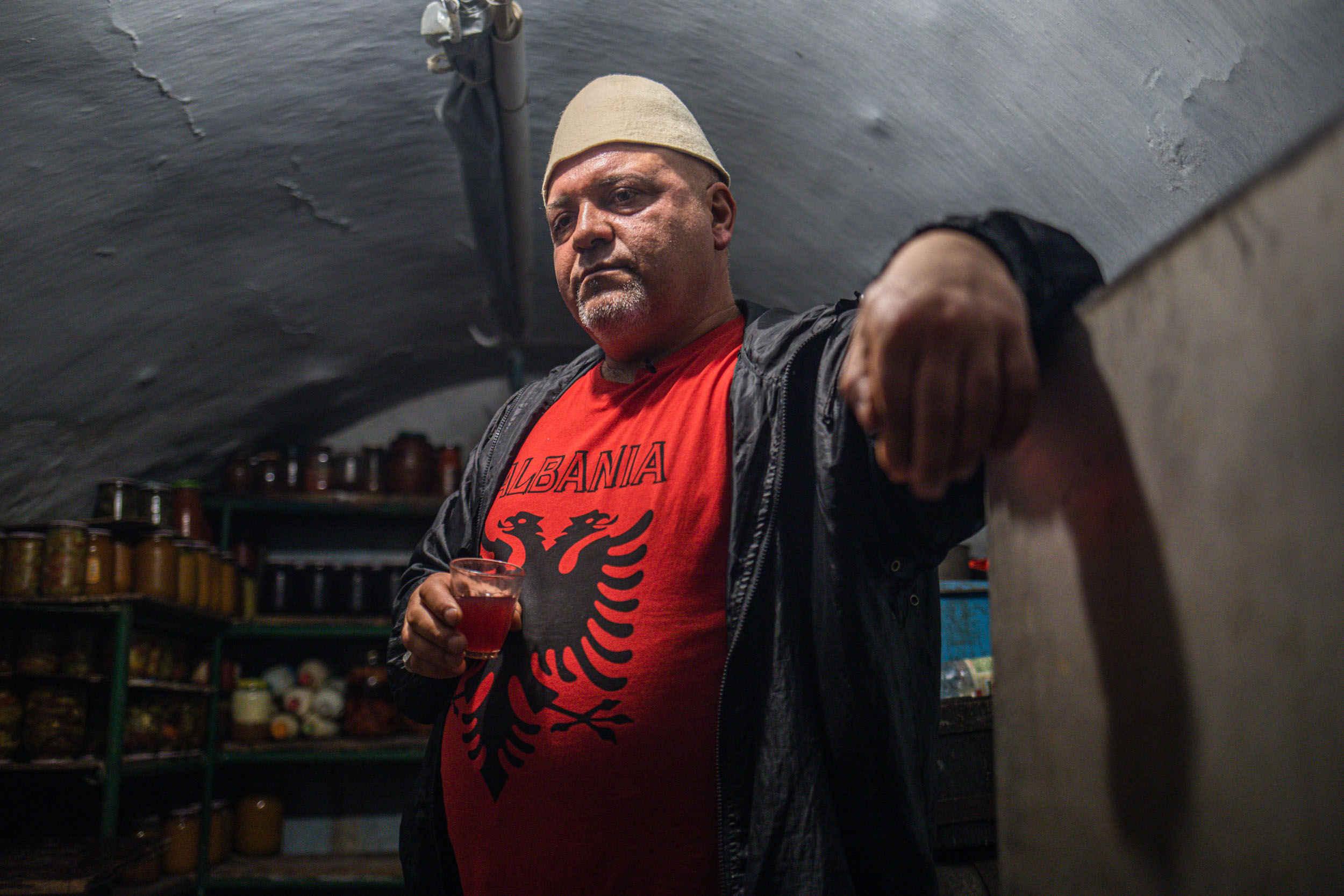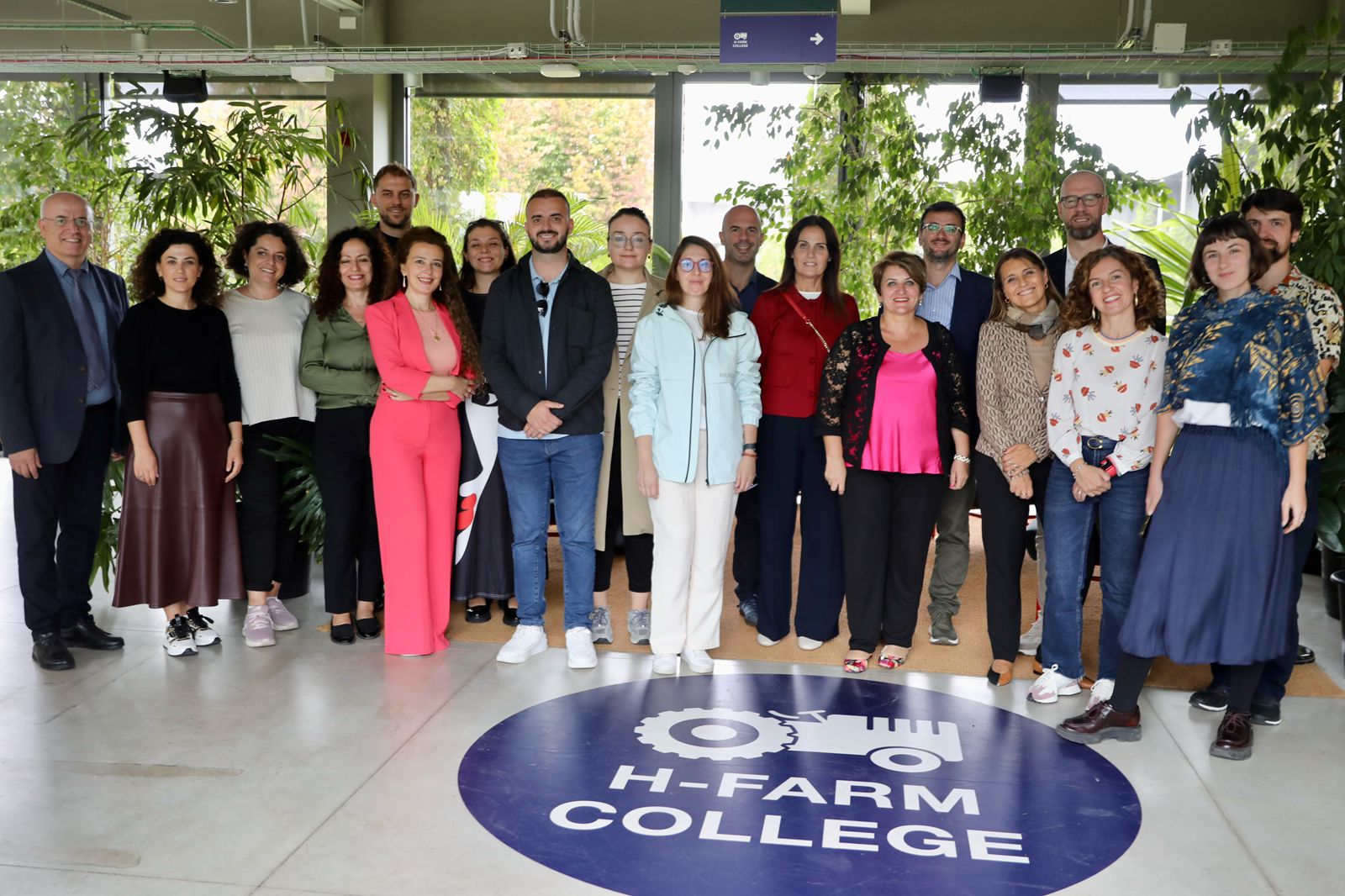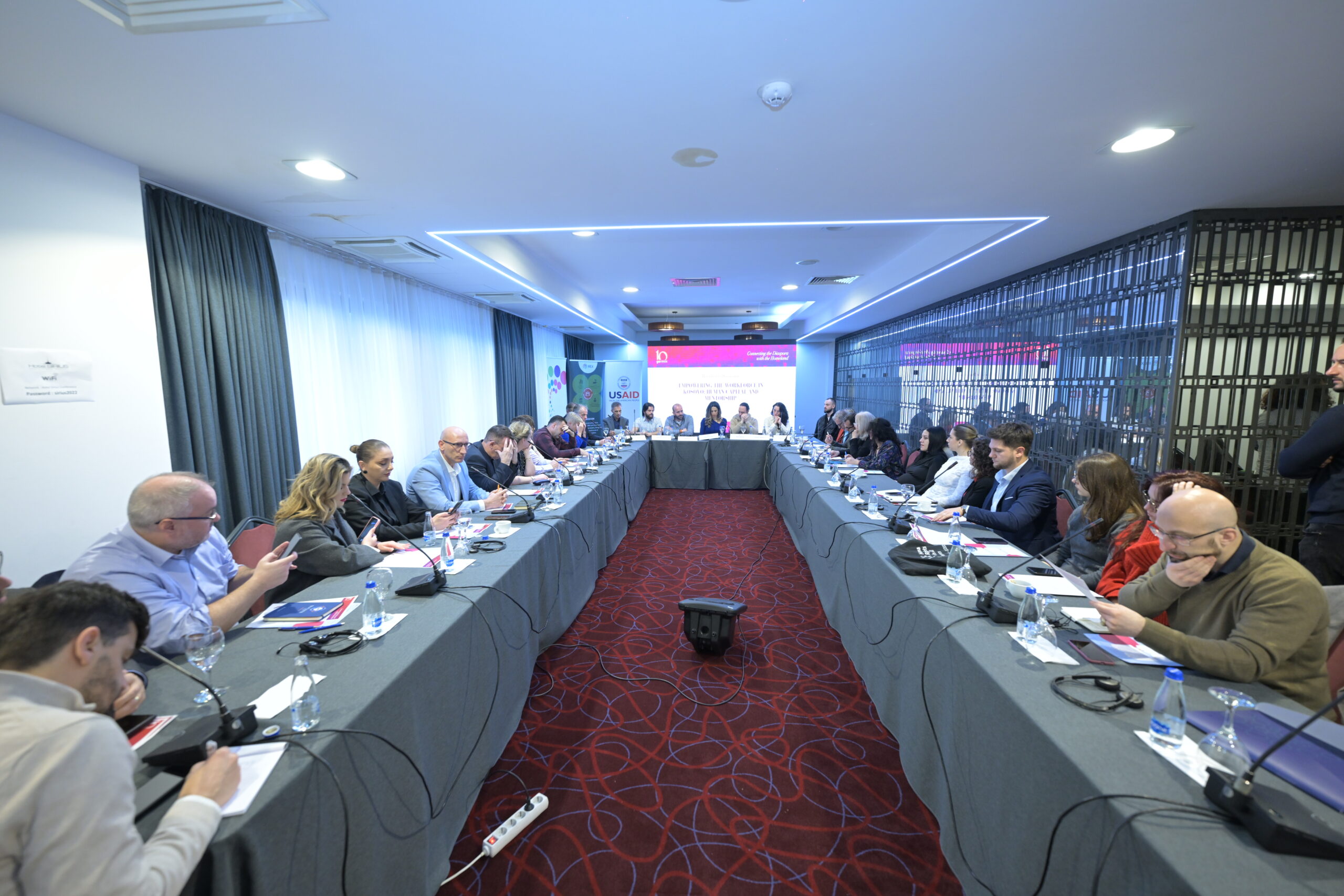In December 2019, the Ukrainian media called “Ukrainer” published an article about Albanians. The article was called “Albanians of Ukraine: Who are they?” and it tells in detail about the Albanians living mainly in two regions: Caracurt and Besarabi. You can read the article in English here.
You can watch the video of the story here.
The Albanian community in Ukraine has lived there since the late seventeenth and early nineteenth centuries. Orthodox Albanians first migrated to Bulgaria and then left the rule of the Ottoman Empire for Ukraine.
According to an article entitled ” Albanians of Ukraine: Who are they?” by the media in Ukraine with the name “Ukrainier” the Summer Festival is held in this region for several years now.
Summer Festival
This festival stands out because it unites all the people who prepare wine from all over Ukraine. Albanian culture is also displayed in this festival.
“Every May 6, the Albanians of Besarbabia celebrate the birthday of their national hero, Gjergj Kastriot Skënderbeu. An interesting fact is that on the same day the local Gagauz celebrate the Orthodox version of the feast of Eid al-Adha – St. George’s Day. “Therefore, both Albanians and Gagauz cook kurban – a dish made of lamb – and then all the neighbors gather and celebrate,” the article reads.

Caracurt
The village of Caracurt (Albanian: Karakurti) is located near Belgrade in Bessarabia. In Soviet times, this village was renamed Zhovtnece and had this name until 2016 when it later reverted to its old name. The word “caracurt” has Turkish origins and if translated literally means “black horror”. The reason why the Albanian, Bulgarian and Gagauz migrants who moved here chose this name remains a mystery.
Five languages are spoken in Caracurt today: Albanian, Bulgarian, Gagauz, Ukrainian and Russian.
According to the census made in 2011 in Ukraine, Caracurt has 3 thousand inhabitants, 1 thousand 725 of whom are Albanians (so they speak and call themselves Albanians).
During the 1860s, some Albanians from Bessarabia moved to the northern part of Pryazovia, thus creating three settlements there: Tyuushki (modern Heorhiivka), Jandran (modern Hamivka) and Taz (modern Divnyske), which still exist. The population of these villages is much smaller than the population of Caracurt. However, in these places there are still local museums where special artifacts of Albanian culture are preserved, collected by local enthusiasts of the villages.
The Albanians of Ukraine
This article describes how there are two dialects in Albanian lands: Tosk and Gheg. According to them, the Albanian Tosks migrated to the modern territory of Ukraine from the middle of the XVIII century, when Ukraine was under the occupation of the Russian Kingdom. During that time, according to this article, Albanians were volunteers of the Russian army during the Russo-Turkish wars.
According to this article, one of the reasons that the Albanians left for Bessarabia during the years 1806-1812, was the intensification of national oppression by the Ottoman Empire.
Several thousand Albanian Orthodox families refused to convert to Islam and fled to other countries. Because there was a lot of uninhabited land in Bessarabia and Pryazovia during that time, Albanians settled on them.
According to various sources, there are between 5,000 and 10,000 Ukrainians of Albanian descent, and only a few of them speak Albanian. In addition to the villages in Besabarai and Pryazovia, Albanians live in other major cities such as: Odessa, Izmail, Doestks, Luhanks, Kiev, Kharkiv and Lviv.
Associations of Albanians
The first Albanian organization was the Association of Albanians of Odessa, which was founded in 1993 but no longer exists. This Association aimed to unite the Albanian community. Over time, several organizations have appeared in Bessarabia, such as: Albanian Cultural and Educational Association “Rilindja” and Caracurt Center for Albanian Culture, which opened in 2016. Currently, the Albanian Cultural and Educational Association “Dardania” operates in the region of Pryazovia.
The president of the Association “Rilindja” is the Albanian, Rodion Pandarm who was born in Caracurt. He has worked in Istanbul and Odessa for several years but by the time this article was published in 2019, he had returned to Bessarabia.
“According to Albanian tradition, the youngest son (and I am the only son and I have a sister), must stay in the house where he was born. After working in Istanbul from 1994 to 1996, my parents said to me: My son, are you thinking of coming back home? I told them: Dad, I have a business that is going well in Turkey. He replied: “If you are Albanian, you must return.”
The radio has stated that multilingualism in the villages of Caracurt and Bessarabia is a well-known phenomenon. However, the Ukrainian language began to be learned, not so long ago. Until 1991, the teaching process in local schools was conducted in Russian.
“Our village is older than 200 years. Now everything is mixed, no matter who you are. Most residents speak three languages. We now speak Ukrainian, but once had no Ukrainian school. “I learned this language myself.”





